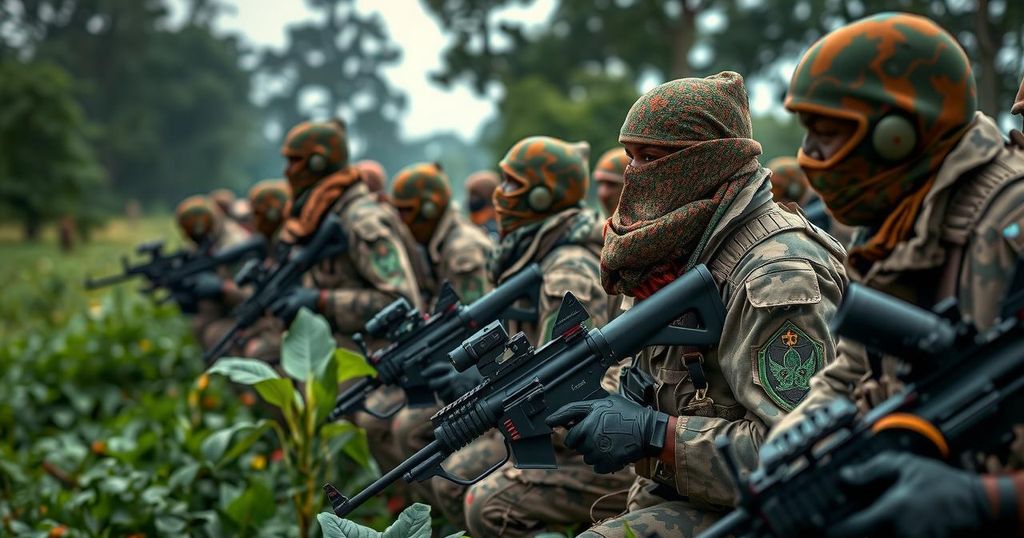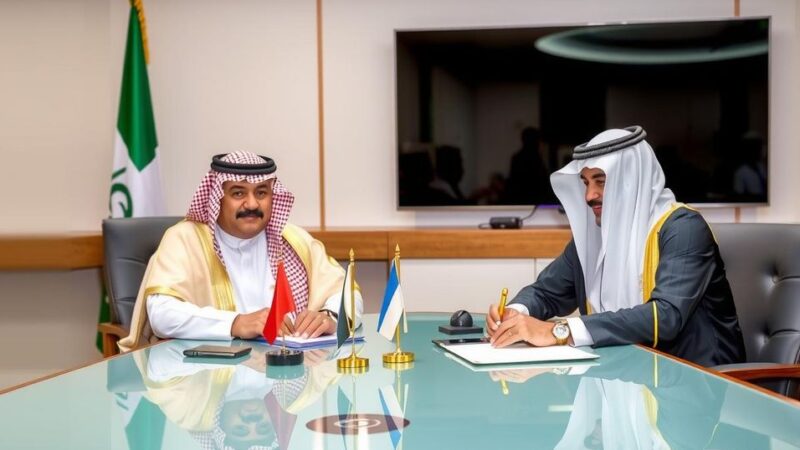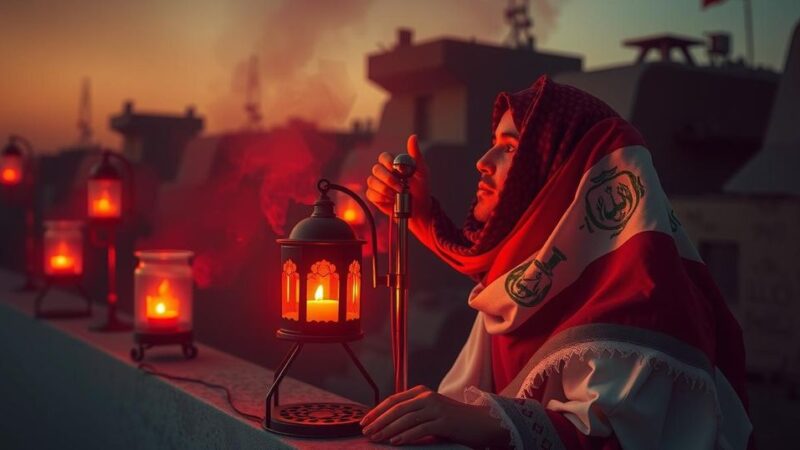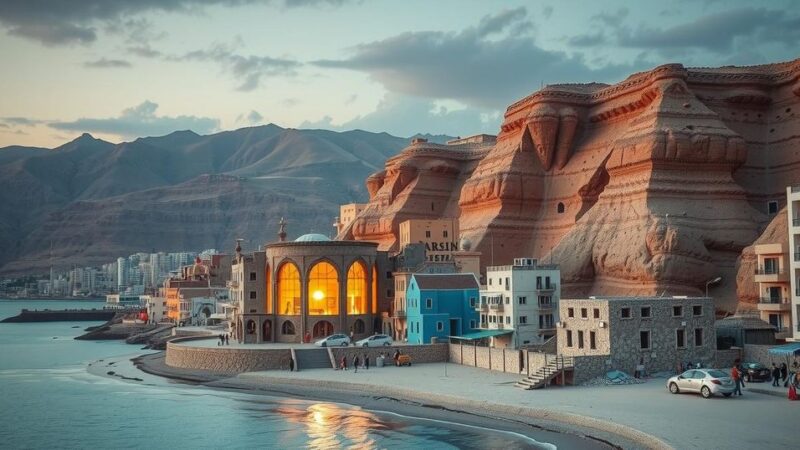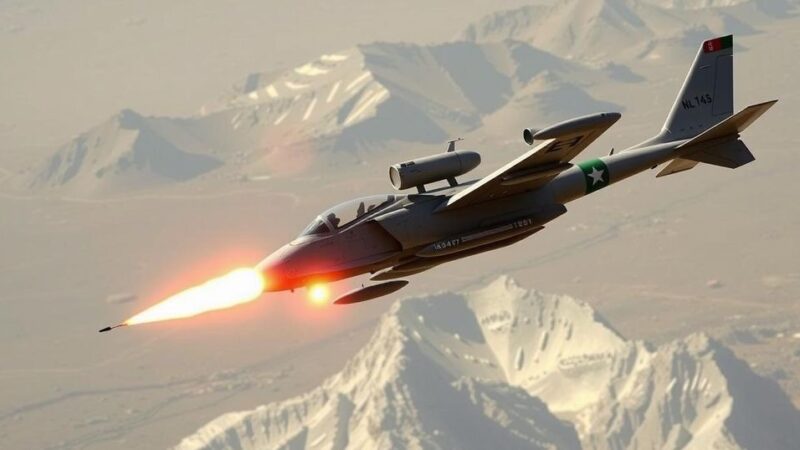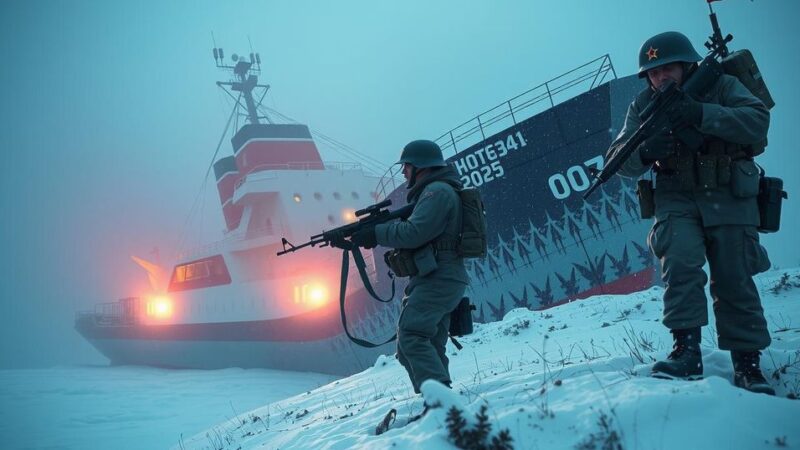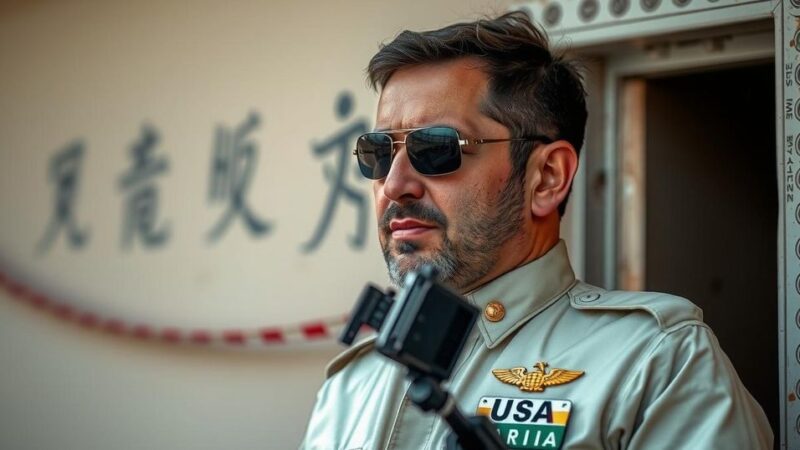The M23 rebel group, backed by Rwanda, aims to assert local power in eastern DRC rather than solely seek control over its mineral wealth. Its strategies include undermining traditional authorities, controlling trade routes, and establishing a taxation regime, all within a historically rooted context of land disputes. The complex interplay of these factors necessitates a comprehensive approach to conflict resolution in North Kivu.
The M23 Movement, a rebel group supported by Rwanda, has been primarily portrayed as a force seeking control over the mining operations in eastern Democratic Republic of Congo (DRC). However, research conducted reveals that its objectives extend beyond mere resource extraction; the group is actively pursuing local power and governance. Launched in its current form in 2021, M23 has gained substantial territory in North Kivu province, encircling the vital city of Goma. While the rich mineral deposits of eastern DRC, which include tin, tantalum, tungsten, and gold, stand as attractive assets for control, a deeper examination indicates that the group’s strategy is to reshape local governance structures. Through a comprehensive approach involving the undermining of established authorities, control over trade routes, and the implementation of an intricate taxation system, M23 aims to bolster its military and economic power without directly seizing mining operations. Historical context plays a crucial role in understanding the current conflict. Tensions related to land rights trace back to the slavery of Rwandophone communities during the colonial period and have been exacerbated by a lack of clarity in land claims post-independence. As armed groups became vehicles for resolving disputes, M23 emerged as a protector of Tutsi land access, despite mixed sentiments from the Congolese Tutsi community regarding this protection. Moreover, M23’s strategy involves the replacement of customary leaders with its own appointees and a militarization of local taxation, which further entrenches its control over the populace. The military nature of governance in regions under M23’s influence complicates any prospects for lasting peace. The group monitors and taxes both legal and illegal economic activities, with significant implications for trade involving minerals bound for Rwanda and Uganda. Addressing the complex interplay of local governance, historical grievances, land rights, and armed conflict will be critical in devising meaningful peace strategies in North Kivu. The long-term resolution of these issues will require extensive dialogue and the reestablishment of customary authority, as armed groups are now deeply embedded in the region’s socio-economic fabric. Without such efforts, the cycle of violence and displacement is likely to persist.
The analysis focuses on the activities of the M23 rebel group in the eastern region of the Democratic Republic of Congo (DRC), particularly emphasizing its historical background and local intricacies of the conflict. M23’s resurgence in 2021 is framed not solely around the quest for mineral wealth but rather its broader ambition to establish local governance and authority structures, alongside significant control over land and trade mechanisms. The historical movement of Rwandophone populations and their continuous struggle for land rights has significantly influenced the current socio-political climate. The implications of armed conflict on local governance and community relations in North Kivu necessitate deeper scrutiny to facilitate sustainable peace and resolution processes.
In summary, the M23 conflict in eastern DRC is intricately tied to historical land struggles and the quest for local governance rather than being exclusively about resource control. The group’s actions reflect a strategic maneuvering within local power dynamics, seeking to establish a new order through the manipulation of customary authorities and economic mechanisms. For meaningful conflict resolution, it is imperative to address these deep-rooted issues, engage in local discourse, and rebuild inter-community trust to foster long-term stability in the region.
Original Source: www.defenceweb.co.za

